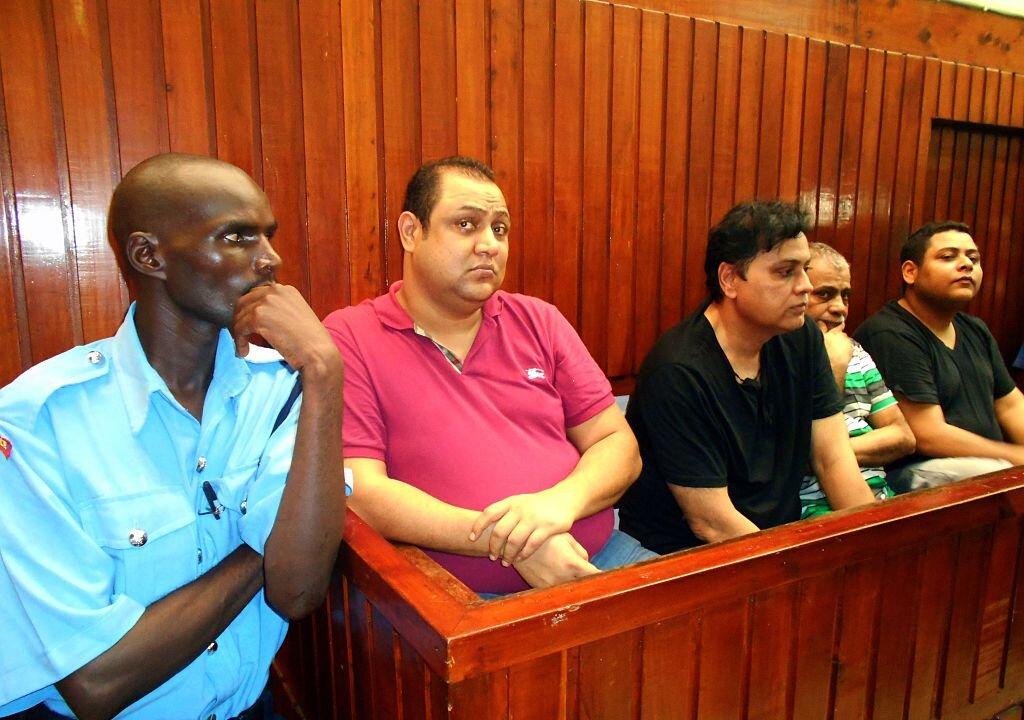Two brothers, accused by U.S. prosecutors of playing key roles in a major Kenyan crime family called the Akasha organization, pleaded guilty on Oct. 25 to U.S. drug trafficking charges in New York.
Baktash Akasha, 41, and his brother Ibrahim Akasha, 29, each pleaded guilty before U.S. District Judge Victor Marrero in Manhattan to seven criminal charges, including distribution of heroin and methamphetamine, and conspiracy to import the drugs into the United States, according to court records.





